Try this:
curl --verbose \
--cert ./server.crt \
--key ./server.key \
--insecure \
https://127.0.0.1:10250/healthz
The CA cert in the certs directory is not the signer of the cert :10250 presents to the user. I don't know where the CA cert being presented comes from, it looks like it's rotated as the issuer is CN=<servername>-ca@1567568834 ( hence the --insecure).
The kube-apiserver command line will include the exact path to the kubelet client certs (or could also be stored in a config file in the new k8s world)
--kubelet-client-certificate
--kubelet-client-key
$ pgrep -a kube-apiserver | perl -pe 's/ --/\n --/g'
22071 /snap/microk8s/1247/kube-apiserver
--cert-dir=/var/snap/microk8s/1247/certs
--service-cluster-ip-range=10.22.189.0/24
--authorization-mode=RBAC,Node
--basic-auth-file=/var/snap/microk8s/1247/credentials/basic_auth.csv
--service-account-key-file=/var/snap/microk8s/1247/certs/serviceaccount.key
--client-ca-file=/var/snap/microk8s/1247/certs/ca.crt
--tls-cert-file=/var/snap/microk8s/1247/certs/server.crt
--tls-private-key-file=/var/snap/microk8s/1247/certs/server.key
--kubelet-client-certificate=/var/snap/microk8s/1247/certs/server.crt
--kubelet-client-key=/var/snap/microk8s/1247/certs/server.key
--secure-port=16443
--token-auth-file=/var/snap/microk8s/1247/credentials/known_tokens.csv
--token-auth-file=/var/snap/microk8s/1247/credentials/known_tokens.csv
--etcd-servers=https://127.0.0.1:12379
--etcd-cafile=/var/snap/microk8s/1247/certs/ca.crt
--etcd-certfile=/var/snap/microk8s/1247/certs/server.crt
--etcd-keyfile=/var/snap/microk8s/1247/certs/server.key
--requestheader-client-ca-file=/var/snap/microk8s/1247/certs/front-proxy-ca.crt
--requestheader-allowed-names=front-proxy-client
--requestheader-extra-headers-prefix=X-Remote-Extra-
--requestheader-group-headers=X-Remote-Group
--requestheader-username-headers=X-Remote-User
--proxy-client-cert-file=/var/snap/microk8s/1247/certs/front-proxy-client.crt
--proxy-client-key-file=/var/snap/microk8s/1247/certs/front-proxy-client.key
